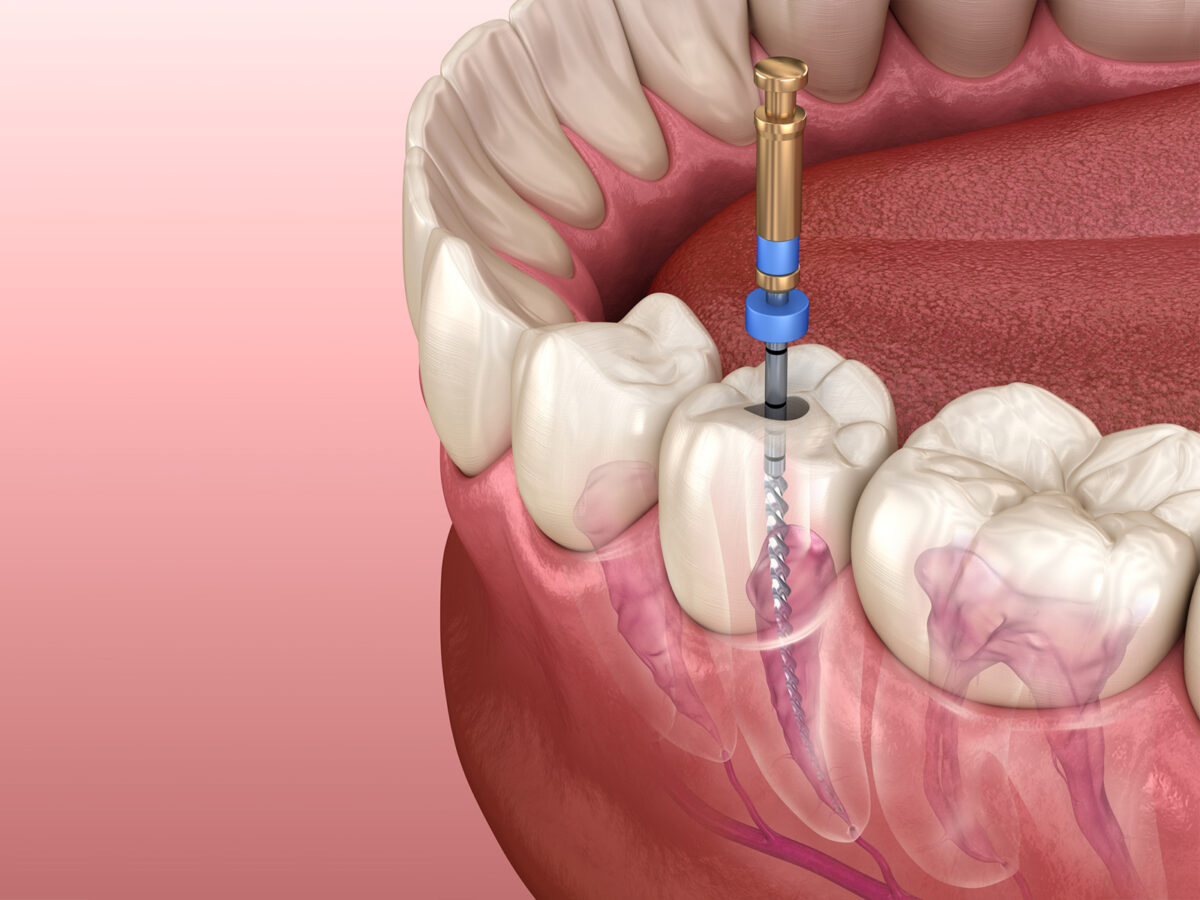Most people are initially concerned about the pain when they learn they need a root canal treatment. But it is the infection in the tooth that is causing the pain, not the treatment.
A root canal is also known as endodontic treatment or therapy, and it is done to eliminate the pain caused by pulp infection, bacteria, or cavities. Though any suffering from such issues does not need endodontic treatment; therefore, it is vital to consult your dentist before getting anything done.
In most cases when the tooth condition reaches the pulp damage stage then only the dentist will suggest undergoing this treatment. But most people feel uncomfortable undergoing this treatment due to the fear of the pain.
As opposed to that, your dental care provider will ensure you are not in discomfort during the process. Apart from this, many patients face problems in knowing the healing and recovery time after the procedure is done.
Therefore, if you are someone who has recently got a root canal treatment done or is going to get it done, then keep on reading because we are going to discuss everything related to the treatment, including its healing time and post-care.
What is the ideal recovery time for root canal treatment?
Giving a proper time period for the endodontic treatment is not possible because it depends on various factors. However, in most cases, the recovery does not take a lot of time.
Mostly, patients recover from the aftermath of the root canal treatment in 1-2 weeks. There might be a little discomfort and pain just after the treatment but it goes with time and can be managed with the help of medication.
Here are some of the factors that affect the healing process of root canal treatment in individuals:
- How many teeth are damaged
- Condition of the pulp infection
- Condition of the infection
- Age etc.
Some tips for the post-treatment care
Here are some of the common tips that you can follow to take care of yourself after the procedure:
- Do not eat anything until the numbness in your mouth is completely gone.
- Once you feel your teeth and gums again, eat soft and easy-to-chew food items.
- Do not bite the food from the treated side of your mouth.
- Make sure to floss and brush your teeth regularly.
- You can also use a cold compress to calm the swelling.
Apart from taking the above-mentioned precautions, there can be some instances in which you might need help from your dentist. So, here are some situations in which you must contact your dentist to seek help after the treatment:
- You see a visible swelling in your mouth, and it’s not going away.
- You are having problems biting your food, or the bite feels uneven.
- The pain and discomfort are not going away even after the medication.
- You notice any allergic reactions like rashes or hives.
Why is taking care of your teeth very important after the procedure?
To restore the full functioning of your natural tooth, you need a root canal treatment. Long-term success depends on ensuring that your treated tooth is appropriately restored and taken care of.
After undergoing a proper endodontic procedure and recovering properly, a tooth can last as long as a natural tooth. You only have to brush, floss, and go to regular dental checkups after the tooth has been restored.
To ensure the tooth has healed, the dentist or endodontist may occasionally take an x-ray. It is possible for a tooth that has undergone this treatment not to heal or to remain in pain after the procedure.
It is also possible for the tooth to become painful or infected after successful treatment, even months or years after the surgery. If this is the case, your natural tooth must be saved by repeating the endodontic treatment. So, it is vital to take proper care of your teeth to prevent this condition from arising.


